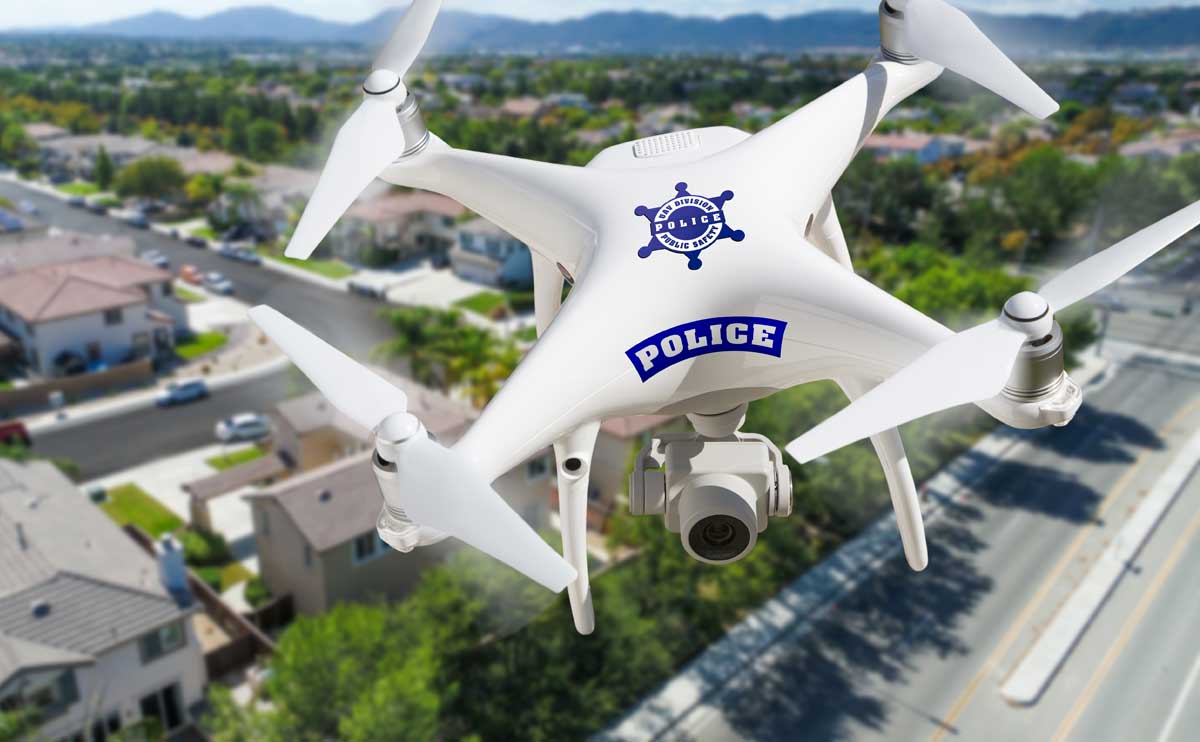Police Surveillance: How Long Can Police Legally Keep You Under Watch?
When you purchase through links on our site, we may earn a commission. Here’s how it works.

In today’s world, surveillance is becoming increasingly prevalent. From the government to private citizens, everyone seems to be constantly looking over their shoulder. So, how long can the police legally keep you under surveillance?
Can Police Conduct Surveillance Without A Warrant?
The answer to this question depends heavily on the laws of the particular jurisdiction, as well as the specific circumstances of the case. Generally, however, police may conduct surveillance on individuals for up to one year without a court order. This is the limit set by the Fourth Amendment to the United States Constitution, which requires law enforcement to obtain a warrant when conducting surveillance that is deemed to be intrusive or unreasonable.
In some cases, a warrant may not be required for shorter-term surveillance. For instance, law enforcement may be able to conduct surveillance on individuals without a court order if they have reasonable suspicion that a crime has been or is about to be committed. This is not a blank check, however, and law enforcement must still follow certain guidelines.
Federal Vs State Surveillance Laws
In addition to the Fourth Amendment limits, there are also state-level regulations that can limit the length of time police can keep individuals under surveillance. For instance, in California, law enforcement is limited to six months for surveillance conducted without a court order. This limit is lower than the federal limit, but it still provides individuals with some measure of protection.
Court Orders (“Trap And Trace” Orders)
In addition to the Fourth Amendment and state-level regulations, law enforcement can also seek court orders to extend the length of their surveillance. This type of court order is known as a “pen register” or “trap and trace” order. These orders allow law enforcement to gather information about a particular person’s phone calls and the numbers they call. To obtain this type of order, law enforcement must show a judge that they have probable cause to believe that a crime has been or is about to be committed.
Methods Of Surveillance: Undercover Officers, Wiretaps, And GPS Tracking
Finally, law enforcement can also use a variety of other investigative techniques to extend the length of their surveillance. For instance, they can use undercover officers, wiretaps, and GPS tracking. All of these techniques require court approval, however, so law enforcement must be able to demonstrate to a judge that their investigation will be successful.
So, how long can the police legally keep you under surveillance? The answer depends on the jurisdiction and the particular circumstances of the case. Generally, however, law enforcement may conduct surveillance without a court order for up to one year. In some cases, this limit can be shortened or extended by state-level regulations or court orders. Regardless of the particular limits, it is important to remember that law enforcement must still follow certain guidelines and obtain court approval before they can use certain investigative techniques.
What’s The Average Police Response Time In Your City?
Police response times will be lightning quick if they’re already conducting surveillance in an area. But in most cases, they’re not. How long will it take law enforcement to arrive in your residential area when you call 911? Find out in our average policy response time analysis.
Are you for or against handing police more power when it comes to surveillance? Let us know in the comments!




